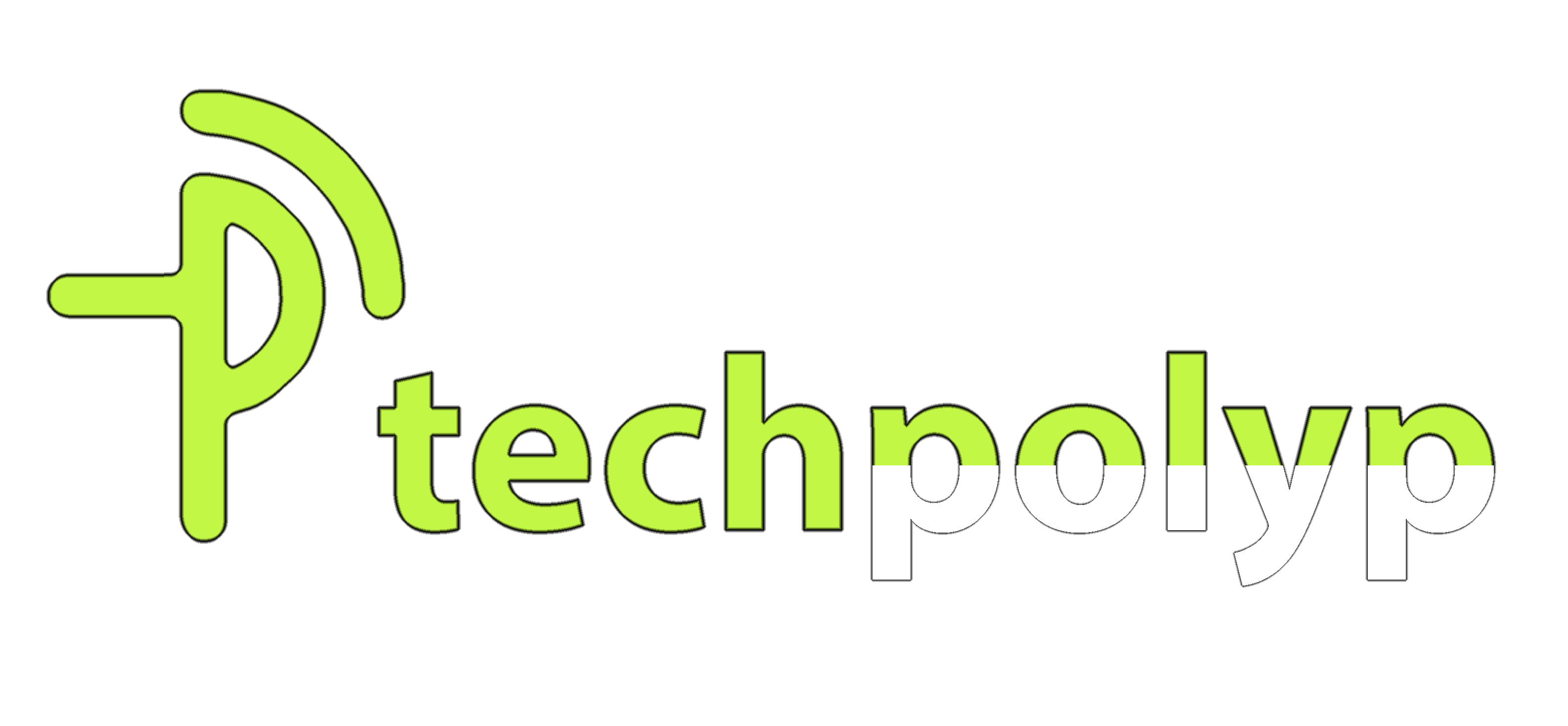When you purchase through links on our site, we may earn an affiliate commission. This doesn’t affect our editorial independence.
Facebook’s parent company doesn’t want to play second fiddle anymore. Meta Platforms recently unveiled plans for developing an AI -powered search engine. This move signals their serious intention to shake up digital advertising markets long dominated by Google.
Meta’s Current Dependence on External Search Engines
No tech giant enjoys relying on competitors. Yet Meta currently depends on external search tools like Google and Bing to power their AI chatbot. This arrangement creates obvious limitations.
Their in-house search engine would eliminate this awkward dependency. Users won’t notice the difference, but advertisers certainly will.
“First-party data acquisition changes everything,” explains Amanda Robinson, The Digital Gal’s CEO. She believes Meta’s treasure trove of user information could dramatically improve ad targeting accuracy.
This timing makes sense. Cookie-based tracking faces extinction. Privacy regulations tighten yearly. Companies desperately need alternative methods to understand customer behavior.
Why AI Search Matters for Meta
Google currently dominates digital advertising. Numbers don’t lie – they command 37% market share compared to Meta’s 20% and Amazon’s distant 14%. Meta clearly sees opportunity here.
Their strategy? Build a proprietary search tool that keeps users inside Meta’s ecosystem longer. More time on platform equals more ad exposure. Basic math, but potentially game-changing results.
Challenges Meta Faces in AI Search
Meta tried challenging Google before. Their efforts flopped. Developing competitive search technology requires massive investment, cutting-edge AI, and perhaps most importantly – user trust.
Trust remains problematic. Meta’s AI chatbot stumbled repeatedly, generating both inaccurate information and occasionally inappropriate responses. These missteps raise legitimate questions about their AI capabilities.
Meanwhile, competitors aren’t standing still. Microsoft already integrated sophisticated AI into Bing. Google continues enhancing search capabilities monthly. The competitive landscape grows fiercer daily.
The Broader Impact on Online Advertising
Real-time behavior analysis could revolutionize ad placement. Imagine targeting so precise it anticipates needs before users consciously recognize them. Meta’s vision extends beyond simple keyword matching.
This approach represents digital marketing’s future direction. Personalization based on comprehensive understanding rather than isolated data points. Advertisers drool at the possibilities.
Return on investment metrics would likely improve dramatically. Reduced wasted impressions means more efficient spending. Better user experiences translate to higher conversion rates.
Meta’s Unique Position to Succeed
Meta holds one tremendous advantage – their user base. Billions actively engage across Facebook, Instagram, WhatsApp, and other properties daily.
This ecosystem generates behavioral insights at unprecedented scale. Meta understands how people connect, share, and engage better than perhaps any company worldwide.
Their unified platform strategy positions them uniquely. While Google excels at search intent, Meta potentially understands personal connections and interests more deeply.
What This Means For Digital Marketing
Smart marketers watch these developments carefully. Platform shifts require strategy adjustments. Those who adapt quickly typically gain competitive advantages.
Several preparation steps make sense:
- Diversify platform dependencies
- Track Meta’s AI search announcements closely
- Experiment early when features become available
- Prepare for potential advertising cost fluctuations
Industry experts suggest allocating small budgets for immediate experimentation when Meta launches initial AI search advertising options.
Looking Ahead: The Battle for Digital Attention
Meta’s ambitious move represents just one skirmish in the broader attention economy war. Their search engine aims directly at Google’s primary revenue source.
Success would dramatically alter digital marketing landscapes. Failure would reinforce Google’s dominance.
Either way, advertisers benefit from increased competition. Innovation accelerates when tech giants compete aggressively. New targeting capabilities inevitably emerge.
Marketers should prepare for significant changes ahead. Meta’s AI search engine might redefine digital advertising entirely – or become another footnote in tech history.
The outcome remains uncertain. The potential impact cannot be overstated.









